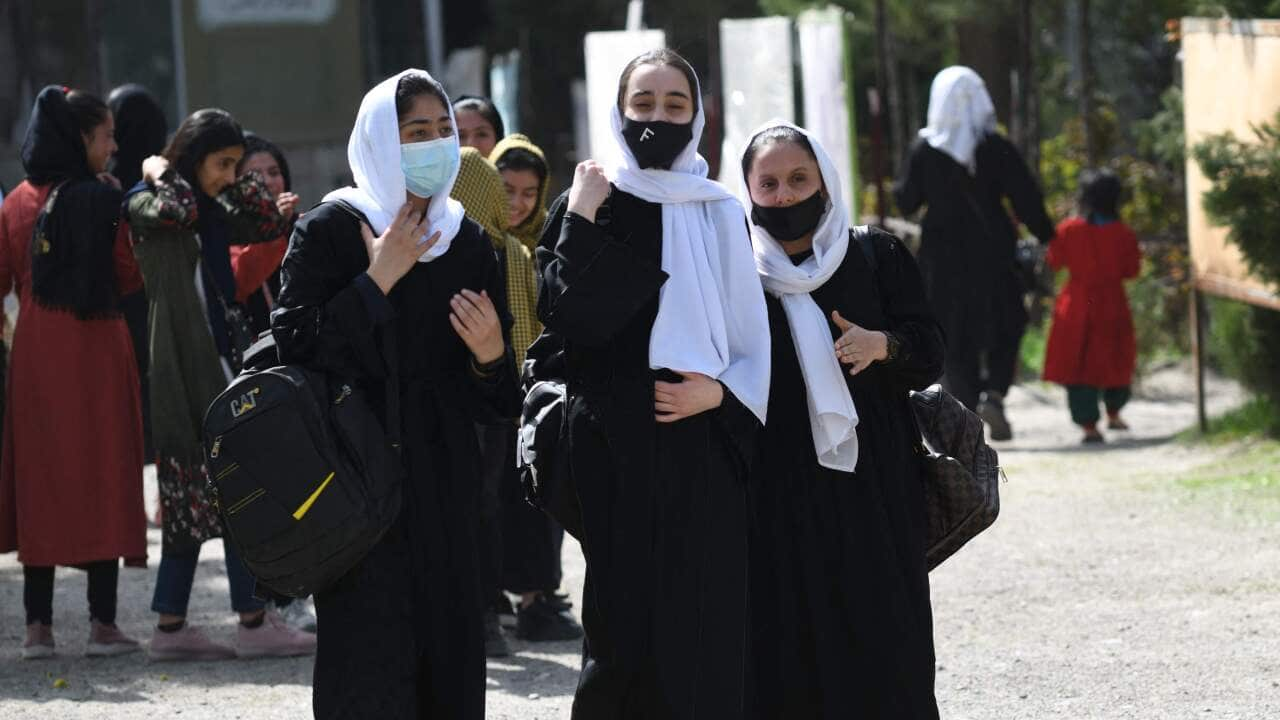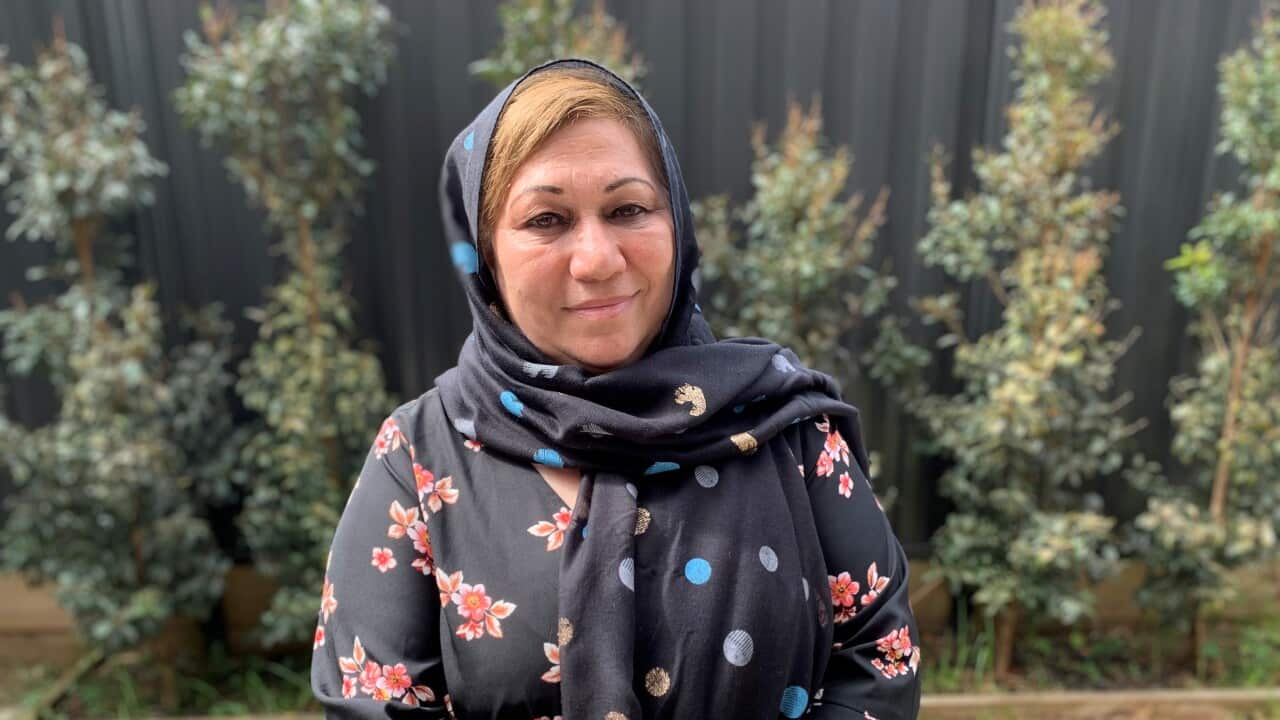More than five million children in Afghanistan are on the brink of starvation, with the nation enduring the worst drought since records began against a backdrop of political and economic turmoil.
For 46-year-old Mohammad*, who lives with his wife and eight children in the rural province of Faryab in northern Afghanistan, the drought has spelt absolute doom.
“The drought has brought so many problems I don’t know where to start,” Mohammad said.
“The children have become so weak and thin.”
Mohammad used to earn a living through farming by growing wheat and melons. But without rain, that livelihood has all but disappeared.
“When there is no rain the land is dry and we can’t grow anything … The drought [has] completely devastated our land,” he said.
Mohammad is not alone.
According to UK-based organisation Save the Children, about 12 million children in Afghanistan, whose families rely on agricultural income, are struggling to get enough to eat every day. That’s almost two in three children in the country.
In the absence of farming, Mohammad has had to sell most of his farm animals to survive.
“The money I got from selling my animals has already been spent,” said Mohammad, who has one cow left, which, too, he’ll have to sell so he can feed his family.

Mohammad's family relies on farming for food and income in Afghanistan. Credit: Source: Supplied.
SBS News has also reported on .
Chris Nyamandi, Save the Children’s director in Afghanistan, said the country is in urgent need of assistance.
“Until we address the economic crisis, families will have no other option but to resort to desperate measures like selling their children or sending their children to work, which there is no way back from,” Mr Nyamandi said.
“Families have no way of getting back on their feet after the numerous blows that the last year has dealt them,” he said, referring to the fall of Kabul in August last year when the Taliban took control of the country, plunging it into a state of civil unrest and economic instability.
Climate change a key culprit
Climate change is a key factor behind Afghanistan's devastating drought, with the nation warming by more than 1C during the 20th century, Monash Climate Change Communication Research Hub's David Hoffmann said.
“Warming temperatures lead to reduced snow accumulations and earlier snowmelt in the mountains that usually provide water supply in the drier months, causing the occurrence of snowmelt-related drought,“ Dr Hoffmann told SBS News.
“According to the latest IPCC AR6 report, there is high confidence that anthropogenic warming has amplified droughts since the 1980s in Southwest Asia,“ he said.
Simon Bradshaw, head of research at the Climate Council, agrees.
“Climate change is increasing the frequency and intensity of drought in many parts of the world. Afghanistan is one of the most vulnerable countries on earth to the impacts of climate change,“ Dr Bradshaw told SBS News.
“The current drought is also strongly linked to the La Niña event. However, it is important to recognise that everything we see today is happening in the context of climate change, in which the risks and impact of drought are increasing,“ he said.
The impact of this drought will be felt for a very long time, according to Dr Bradshaw.
“The drought is now well into its second year and has been devastating in terms of food insecurity and forced migration.
“Afghanistan may see some reprieve as La Niña weakens. However, the impacts of this drought will be long lasting.“
According to Dr Hoffmann, Afghanistan is not the only region where similar droughts are being experienced.
“A region with similar reliance on winter snowfall for irrigation during the warmer and drier months is the Sierra Nevada and the Central Valley in California,” he said.
But the humanitarian crisis unfolding in Afghanistan as a result of the drought is unlike anywhere else in the world, Mr Nyamandi said.
Save the Children is providing families with urgent cash assistance, which helps prevent families from resorting to desperate measures like cutting back on meals or taking their children out of school.
But Mr Nyamandi said cash assistance can only go so far.
“Humanitarian aid can alleviate urgent needs, but it can’t prop up an entire economy,” he said.
*Name has been changed to protect identity. Save the Children and SBS News have received permission from the family to publish their pictures.













